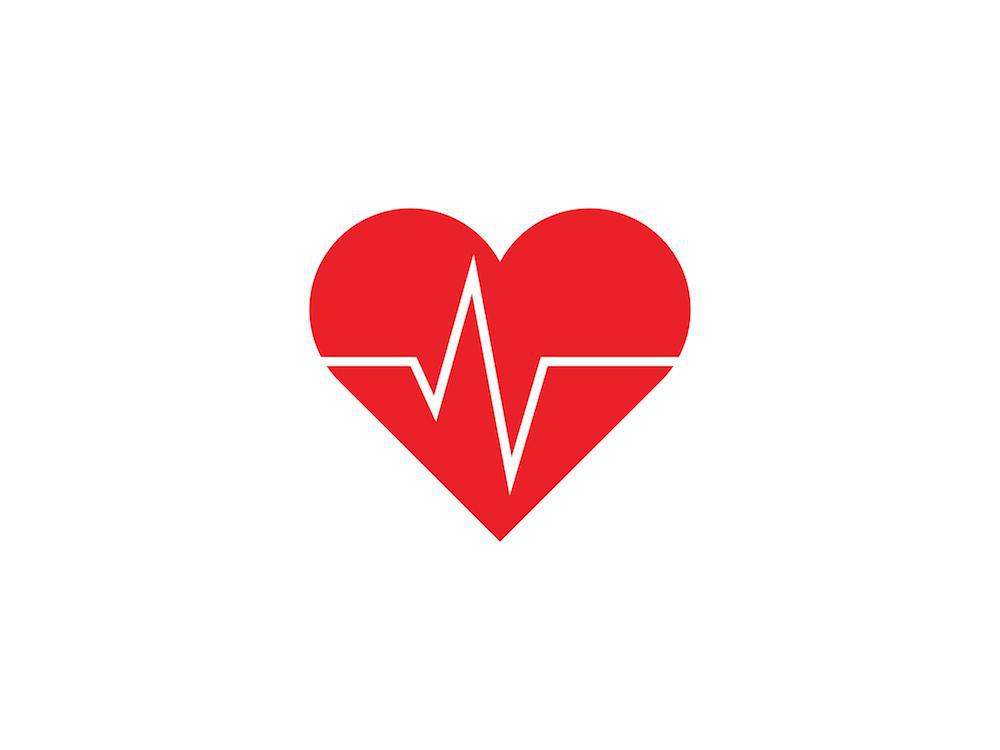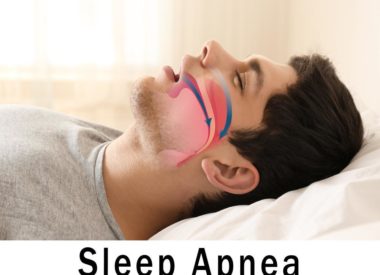Sleep Apnea and Heart Disease: Risks and Dangers
Getting enough sleep at least six hours per night for adults is critical to maintaining good health. If you chronically sleep too little or have your sleep constantly interrupted by apnea, you may be at a higher-than-average risk for a cluster of health problems: lower immunity, diabetes, obesity, depression and anxiety, memory issues, brain damage, or even fertility challenges.
Your heart is also in danger. If you have sleep apnea, you’re automatically in a higher risk category for cardiovascular disease, even if you’re otherwise healthy.
The Facts
People with sleep apnea have an elevated risk of developing heart disease even if they’re young and in great shape, eat a heart-healthy diet, and exercise regularly. Here are just a few sobering facts to consider about sleep apnea and heart disease:
- Increased mortality risk. According to long-term studies, men and women with moderate to severe sleep apnea were anywhere from three to six times as likely to die of cardiovascular disease over a period of 14 to 18 years.
- Doubled risk of heart attack or stroke. If you’re over 45 and sleep less than six hours per night (for example, due to untreated OSA), you’re twice as likely as eight-hour sleepers to suffer a heart attack or stroke.
- Greater risk of congestive heart failure. If you’re a man with severe sleep apnea, you’re 58% more likely to develop CHF than men who don’t have apnea.
- For children and teens: poorer overall health. Another study showed that children with sleep disruptions or disorders had an increased risk of heart problems starting in their teenage years, due to a combination of high cholesterol, larger waist size (more abdominal fat), higher BMI, and higher blood pressure.
How Sleep Apnea Contributes to Heart Disease
Why do apnea and sleep disorders lead to heart problems?
According to the National Sleep Foundation, researchers aren’t entirely sure why we need sleep to maintain a healthy heart. However, they have been able to observe that certain biological functions are disrupted when we awaken frequently in the night or experience sleep deprivation on a regular basis.
When these disruptions happen (for example, if you stop breathing while sleeping), hormonal and chemical imbalances occur that trigger inflammation, high blood pressure, reduction in blood oxygen levels, and changes in how you metabolize sugar.
Together, these changes lay the groundwork for heart disease to take hold.
Inflammation, for example, is associated with a dysfunction of the lining of blood vessels. This condition can then turn into atherosclerosis (plaque buildup in artery walls). Left unchecked, these plaque-clogged arteries can cause atherothrombosis (a blood clot that forms in a vessel, cutting off blood and oxygen flow). This can result in a stroke or acute coronary syndrome a decrease of blood flow to the heart muscle, which leads the heart to malfunction or die.
This is how lack of sleep turns into heart disease: by creating a chain of events that culminate in potentially serious damage, or even death.
Dangers from OSA
Some specific dangers to your heart stemming from untreated OSA include:
- Coronary artery disease. Inflammation, combined with cholesterol-heavy plaque deposits in the arteries, damages the arteries ability to carry nutrients to the heart. Over time the heart becomes diseased and weakened.
- Congestive heart failure. The heart weakens and cannot pump and fill with blood effectively. When it fails to circulate nutrients like it should, the kidneys respond by creating fluid buildup in the organs and throughout the body.
- Cardiac arrhythmia. This electrical signal malfunction creates an irregular heart rhythm, either too fast or too slow. Arrhythmias can be mild, but they can also lead to fainting or cardiac arrest (a stopping of the heart).
- Cardiac arrest. Cardiac arrest is an an abrupt electrical malfunction of the heart that leads to a loss of function (the heart stops). Its often linked to ventricular fibrillation (v-fib), a type of arrhythmia where chambers of the heart beat rapidly without pumping blood. It can be reversed with emergency medicine, but without treatment it is often fatal within minutes.
- Myocardial infarction (heart attack). Sometimes, a piece of plaque in an artery can break off from the vessel walls. If a clot forms around it, it become large enough to block the flow of blood to the heart. The heart cant get enough oxygen and the muscle begins to die. Heart attacks can cause permanent damage to the heart, but they are not necessarily fatal if you seek treatment right away.
- This heart rhythm disorder, caused by faulty electrical signals, makes the heart beat more rapidly than normal. Some call this a racing heart or rapid heart rate. In some cases, left untreated tachycardia can cause cardiac arrest, stroke, or heart failure.
- High blood pressure (hypertension). When the force of the blood flowing through your vessels is consistently too high, your circulatory system can sustain damage that can lead to heart attack and stroke (and many other conditions). High blood pressure is a silent killer affecting about 85 million Americans over the age of 20.
Untreated OSA can also lead to related conditions like metabolic syndrome, obesity, diabetes, pre-diabetes, and stroke.
Risk Factors for Sleep Apnea
Not sure if you have apnea (central or obstructive)? Only a sleep specialist can diagnose you for sure. However, if you wake up tired and have the symptoms in combination with one or more of the following risk factors, you may want to see a specialist. Remember, the high cost of untreated sleep apnea is not worth putting off a doctors visit or beginning treatment.
Risk factors for OSA:
- Male (any age)
- Female, post-menopausal
- Older (over 40)
- Heavy/obese
- Narrow airway
- Thicker neck circumference (more than 17 inches in men or 15 inches in women)
- Family history of sleep apnea
- Smoking
- Drug or alcohol use
- Nasal congestion (from allergies or anatomical issues)
Risk factors for central apnea:
- Older (over 40)
- Congestive heart failure
- Stroke
- Narcotics use (for example, opioids/pain medications)
Though some of these risk factors are genetic or anatomical, others can be controlled with lifestyle changes like losing weight, exercising, and cutting back on cigarettes and alcohol consumption smart moves to make if you want a healthy heart, regardless of whether or not you have a sleep disorder.



